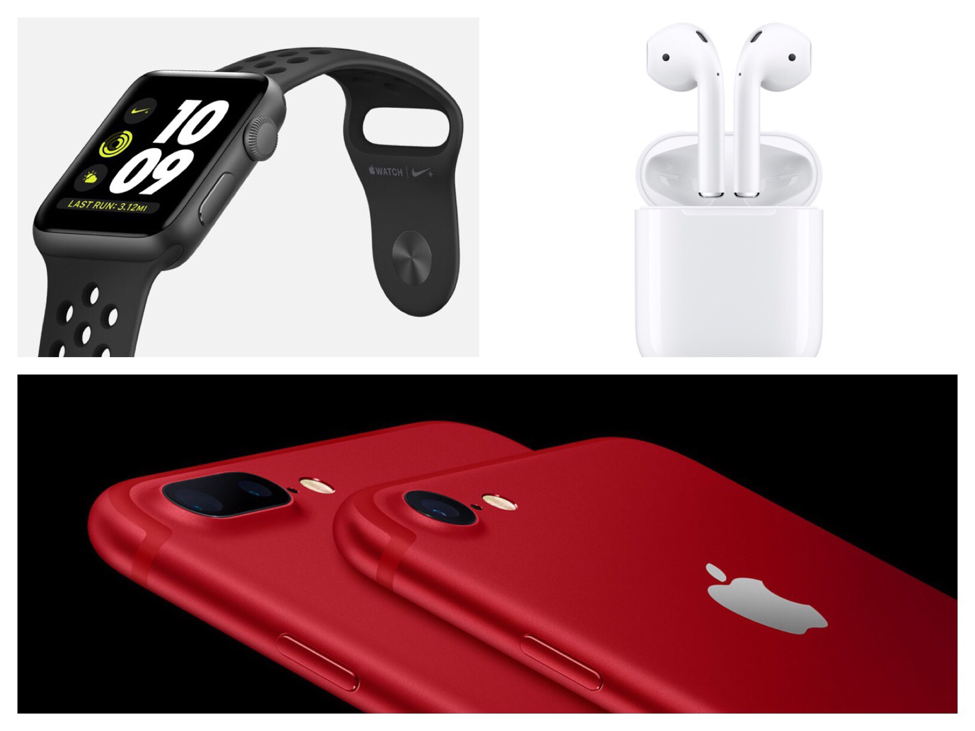Whether this is by chance or a carefully thought out plan, I’m not sure. But the iPhone is growing into a hardware kingdom that puts Android far behind. First came the Apple Watch which is now the undisputed smart watch champion. Then came the AirPods which have tamed the Bluetooth headphones into the best wireless experience you can get, period. Now there’s talk about watch bands that monitor your blood sugar levels, and Tim Cook can’t stop talking about how Augmented Reality is going to change the world around us.
Apple and everyone else pours tons of energy into iPhone accessories because the iPhone is the single best-selling smartphone in the world. Android is split amongst hundreds of models and with the Chinese market gaining steam, it’s only getting more splintered.
Does anyone else find humor in the fact that one of the most successful hardware accessories for Android smartphone users is Amazon’s Echo? Or that the Samsung smart watches don’t even run Android any more? Talk about the fragmentation problem from hell.
While I was at Gateway, I learned that we got into the server market because we were losing business to Hewlett-Packard and Dell. Our corporate customers liked that fact that they could buy entire systems meant to work together from one company. We also had a hard time winning any new business from HP or Dell customers because we didn’t offer the same breadth. So we were forced to dive into servers to offset their competitive advantage.
Consumers aren’t too different from corporate buyers in that they sometimes prefer to buy from one trusted company and value components designed to work together. Building a comprehensive hardware solution has consequences. It will both retain existing users and pull in new customers drawn to the cohesiveness of it all. I’ve seen it work quite well.
For a few years, the smartphone was absorbing the functions of everything around it. Camcorders, MP3 Players, and GPS devices all got assimilated. But now the almighty smartphone seems to be ceding some territory back to other devices. The smartphone is morphing into more of a hub with an array of hardware accessories to choose from.
Yet, all the tech press seems to want to write about is how Google has a machine learning advantage that Apple can’t match. Never mind that no one is asking for a stupid automated assistant that gets twenty percent of your queries wrong. I would argue that Apple’s burgeoning hardware accessory solutions are a much more consequential item.
If I’m sitting in Apple’s shoes and I see that Google has an advantage in helping people find a cup of coffee or in finding an old photo of your dog, I wouldn’t be too concerned. They can catch up on those trivial items later. Minor software features don’t cause people to switch platforms but hardware solutions to real problems do.
For now, Apple is outflanking Android with surprise attacks from behind. Apple is doing what they do best and utilizing their hardware prowess to do to Google what HP and Dell did to Gateway. They’re creating a fully featured hardware solution designed to work together.




 RSS Feed
RSS Feed